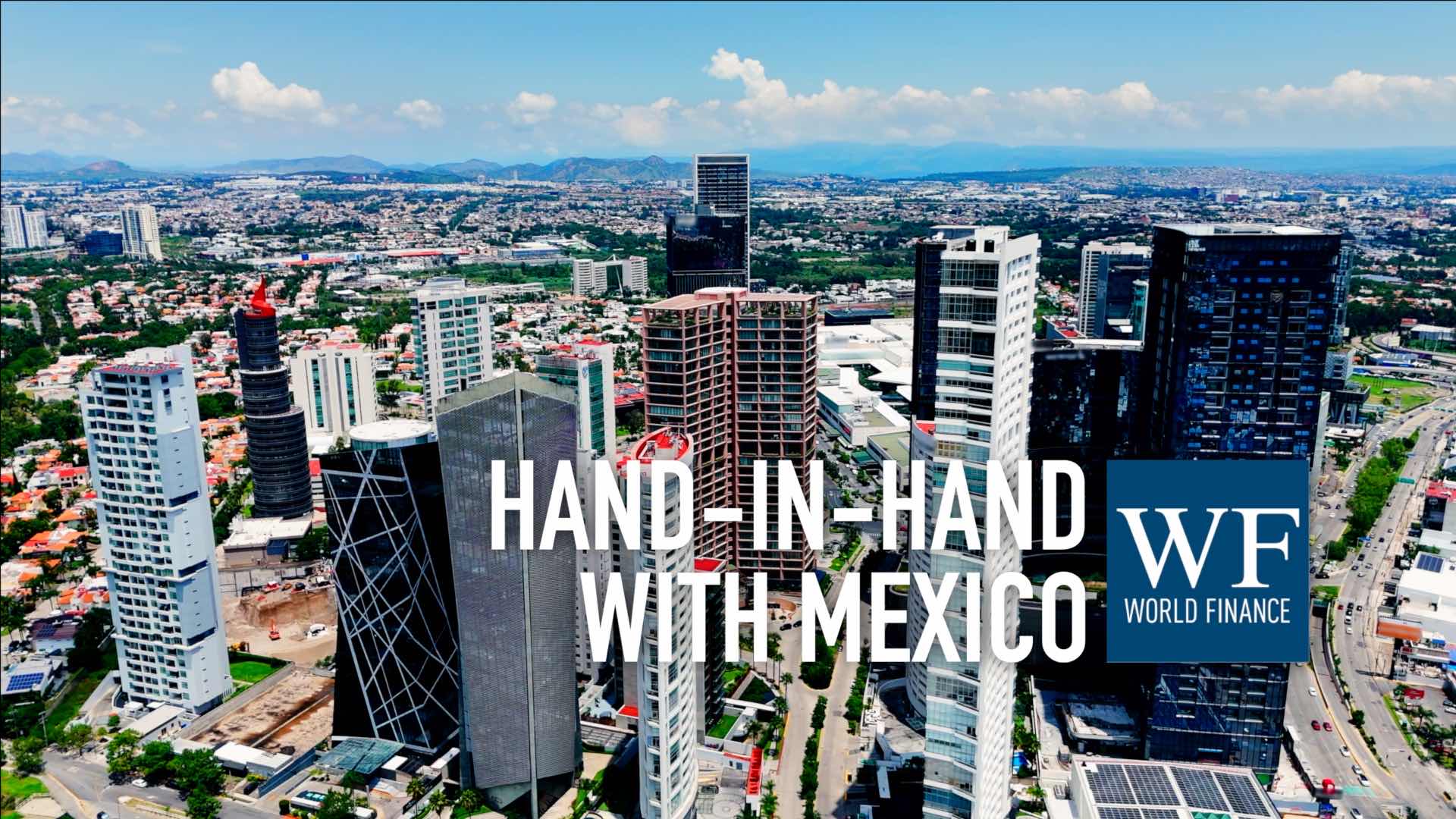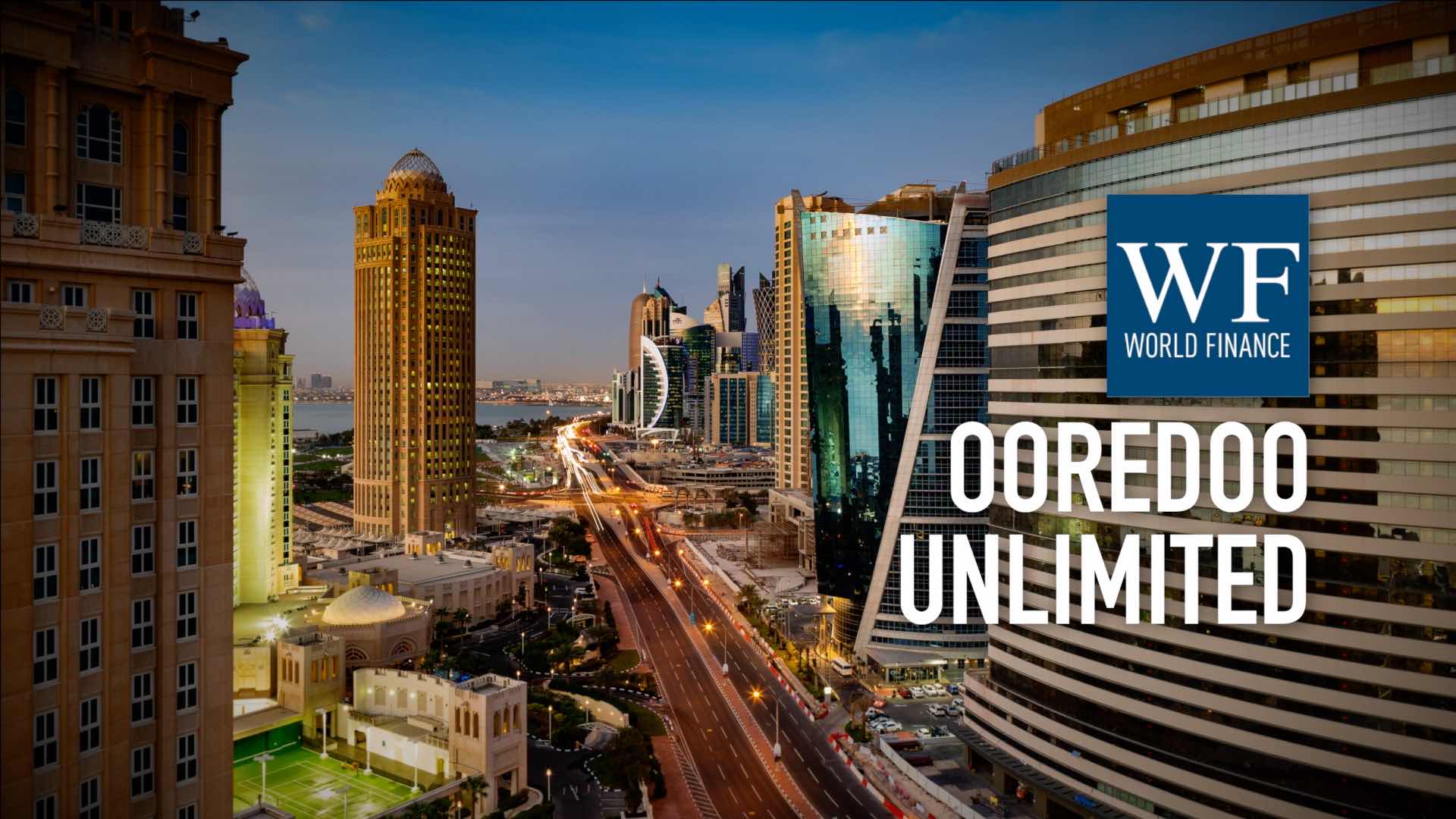How can countries use international economics to stop terrorism?
World Finance speaks to Steve Hanke, once senior economist for former US President Ronald Reagan, to discuss whether economic methods - like sanctions - can deter terrorism
Related:
Transcript
World Finance: Steve, you were a senior economist for former US President Ronald Reagan; considering one of the major issues in global politics today is tackling terrorism, how can countries use international economics to deter terrorism?
Steve Hanke: When the Soviets invaded Afghanistan in 1979, President Jimmy Carter put an embargo on grain sales to the Soviets.
(You’re using the word ‘terrorism’ – I’m using a little bit larger context when I start with the Soviets invading Afghanistan, obviously.)
I’m against sanctions in principle
The US stopped exporting grain to the Soviet Union, and phosphates and other things. And the Soviets went to Argentina. They increased their imports of agricultural products enormously from Argentina. It was a big boon to the Argentines!
What was interesting is that that’s when the military junta was in power. So it was very beneficial for the Argentine junta, because the soviets were actually paying a little bit of a premium for the agricultural imports they were pulling in from Argentina.
So, you see how these things are connected? It’s like pushing on a balloon: you push the balloon in one place, and it pops out someplace else.
Once you start meddling with the free trade regime, you end up creating all kinds of unintended consequences and costs.
Now, one thing Reagan did right away was that his economic advisors advised him to stop this, which he did in 1981.
I’m against sanctions in principle, because I think the best way to have good relations is to have free trade.

 Banorte: Growing together, growing with Mexico, growing with you
Banorte: Growing together, growing with Mexico, growing with you Ooredoo Group: Innovation, integrity and social responsibility mean ‘the sky is the limit’
Ooredoo Group: Innovation, integrity and social responsibility mean ‘the sky is the limit’
